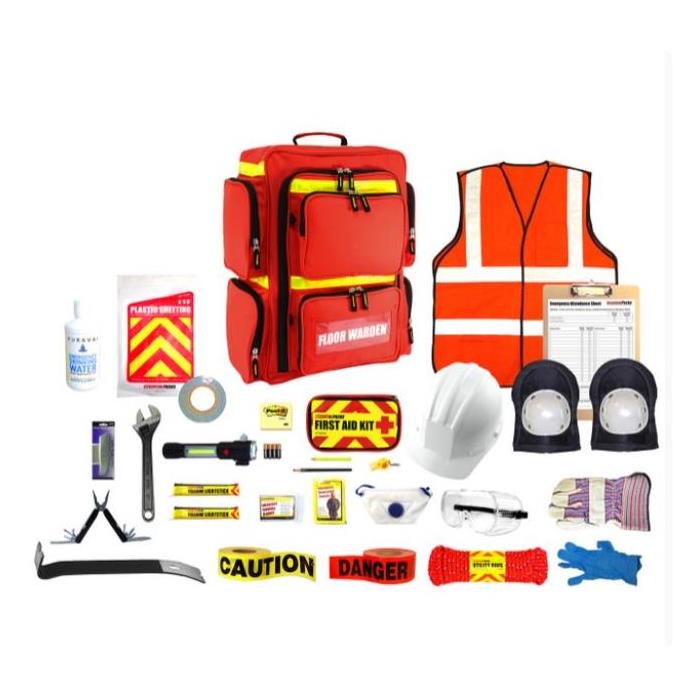Emergency Kits are Essential!
10/11/2023 (Permalink)
The Southeastern US is quite a hot spot for severe storms, especially those areas near the coastal areas. Having an emergency kit to survive a bad storm containing power outages for days as emergency personnel make their way to fallen trees on powerlines is always a good measure to follow. And as with any item you rarely use, it is important that you store it in a location that is easily accessible in the time of an emergency.
Please do not wait for an event to happen—instead, get out ahead of it.
Items to consider for your family’s emergency kit:
- Storage: Purchase a heavy-duty plastic storage tub with latching lids. Store smaller items inside the tub in air-tight plastic storage bags. Make sure this storage container is easy to access on a moment’s notice.
- Water: Store unopened water bottles in a cool, dark environment next to your emergency kit. You want to figure enough water for 1 gallon per day for each family member. It is also a good idea to plug a bathtub and fill it with water to use for basic hygiene and sanitation procedures.
- Food: Store a three-to-four-day supply of nonperishable food in your emergency kit. Keep an eye on expiration dates. Food items with longer shelf lives include but not limited to canned veggies, soups, energy bars, and unsalted nuts. Remember this is an emergency, storm-survival kit—not trying to win a cooking show here.
- First Aid: Essential to any survival kit is having first aid handy and ready to use, if needed. You will want the necessities to a First Aid Kit, so of course Motrin/Tylenol, and any store supplies to treat injuries like cuts, wounds, pain and burns.
- Toiletries: All the type of items you tend to forget about in a normal day having plenty of supply. You will want to include the basics in your kit: toilet paper, tissue, soap, toothpaste, diapers and hand sanitizer.
- Radio: We live in a day where an AM/FM radio is nearly foreign to children today, so this is a perfect time to run to Walmart (with your child for educational purposes) and purchase a battery-powered or hand crank radio so you can tune in to important storm warnings and other emergency information that would normally be available at your fingertips. To avoid corrosion, store your batteries for the radio, uninstalled, in a plastic baggy labeled “Radio.”
- Flashlight / Lantern: Being in the fire restoration business, it is encouraged to steer clear of using burning candles for light, especially with pets and children present in the home. Instead, make sure and pick up a flashlight or lantern along with an extra set of batteries!
- Heat: An indoor propane heater or a camp-like stove can act as much needed comfort when the power is out for an extended period. But whatever you do, please make sure the heater (or stove) is safe for indoor use.
- Cash-on-Hand: Even when the storm is over, ATMs and credit/debit card machines could still be down. Make sure to keep a backup supply of cash for emergency supplies needed when stores are unable to accept plastic.






 24/7 Emergency Service
24/7 Emergency Service
